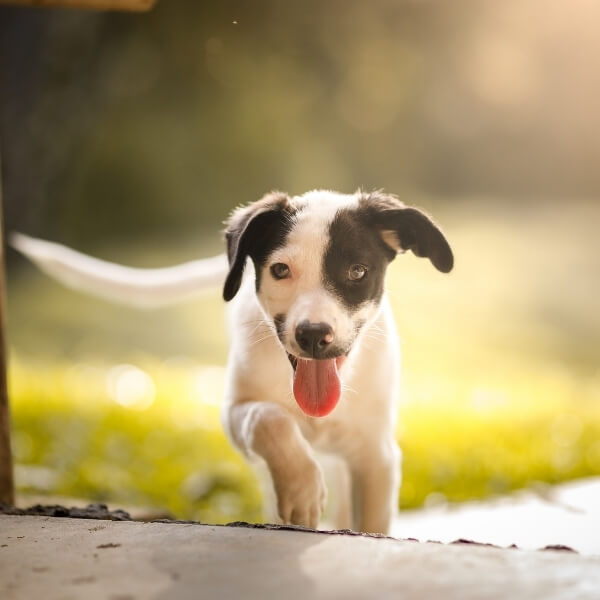Pre-surgical Checklist
Please go through the checklist prior to your pet’s procedure.
“Bringing specialized veterinary surgical services to you!”
Jacqueline J Mair
DVM,MBA, Diplomate ACVS
SCHEDULE TODAY!

Pre-Surgical Checklist
Coat and Skin
- A few days prior to surgery, consider grooming our pet. If they haven’t had a bath for a while, they have a tangled or matted coat; see a groomer. Surgery requires a clean and sterile field. Our pets don’t shower every day, so this is something to consider 2-4 days prior to surgery. Especially orthopedic surgery.
- Once you have your pet clean, if they have a skin rash, please let us know. This can lead to an incisional infection and can lead to a delay in your pet’s surgical procedure if it requires treatment.
Food and Water
- Your pet should not have food after 10 pm prior to surgery
- Water is ok but stop it at 7 am prior to surgery
- Remember no breakfast, treats, or snacks the morning of surgery. We do not want your pet to be at risk for aspiration pneumonia.
Medications:
- If your pet is on seizure medication it must be given the day of surgery. Do not skip it.
- If your pet is a diabetic, consult with your doctor. Generally, we have you give ½ their regular insulin dose because they are not eating in the morning.
- If your pet is receiving pain medications and they are due in the morning, give them (nonsteroidals and gabapentin)
- If you have a question and forgot to ask, it is ok. If they do not get their pain medication, we can give it.
Prepare your home for your pet’s arrival this evening
- Have a safe, warm area to place them to recover. It is best for your pet to sleep in a quiet place. Make sure they are confined to an area they can not stumble, slip and fall or hurt themselves.
- They must wear the e-collar, so they do not damage their incision.
- Work with your pet prior to surgery, so they feel comfortable with a routine of leash walks to eliminate. Training and practice ahead of time helps.
- Your pet will not be themselves after surgery. They whine especially when stimulated. It can be difficult to sort out what is pain and what is a temporary behavior change because of anesthesia and surgery.
- If you have flights of stairs, block them off with gates, so your pet doesn’t try to run up them or fall down them
- Don’t plan a vacation or party immediately after your pet’s surgery. They need a quiet regular routine to recover.
- Some pets will eat the night after surgery, and some will not. If your pet does not have dietary restrictions, you can try canned food (get some ahead of time); bland diet of chicken and rice. No fatty or rich foods they are not used to eating. If they do not eat the night of surgery, they should eat in the morning once.
- After surgery, our pets (especially if they have had orthopedic surgery on a hindlimb) may be reluctant to position to urinate and defecate. A full bladder can be uncomfortable. Try using a sling under their belly, in front of their hindlimbs to help support their weight. Try a couple of times to get them to urinate. Try when you get home and before you go to bed. If they won’t go, then try first thing in the morning.
- Your pet has been off food for about 24 hours. It is normal for them not to defecate for a day until after they have eaten a full meal. It is rare that our pets will be constipated after surgery.